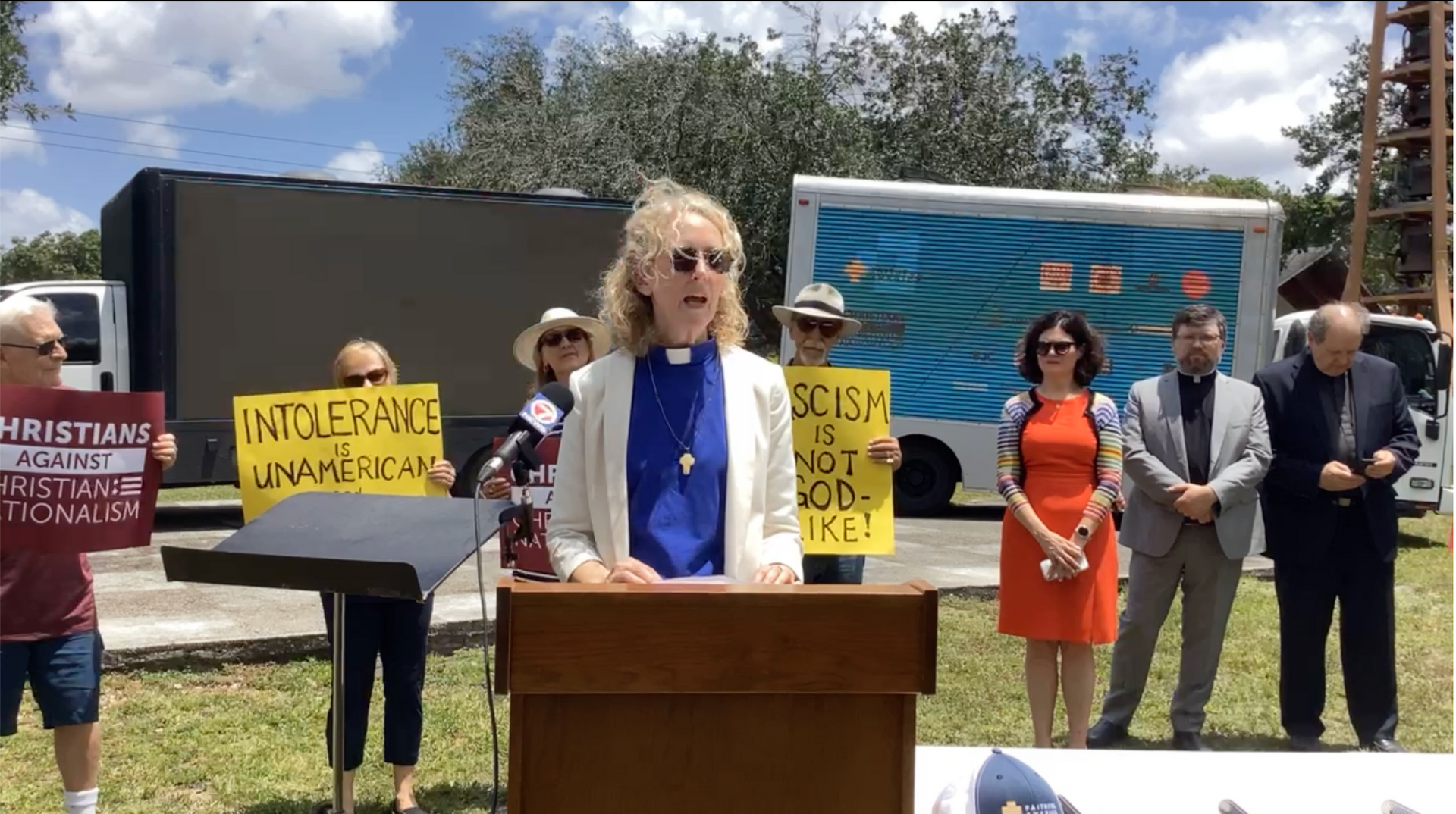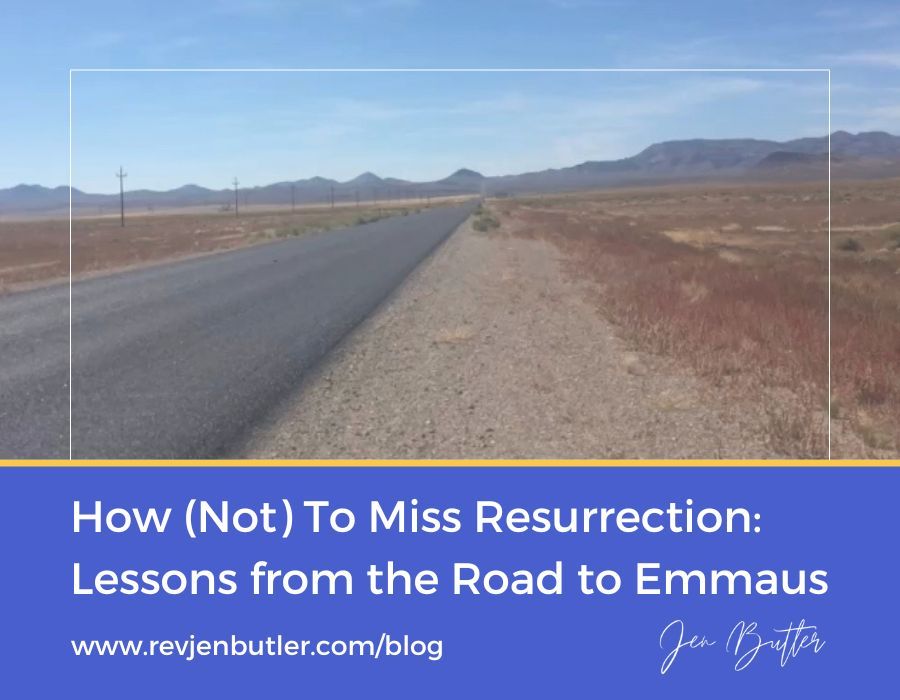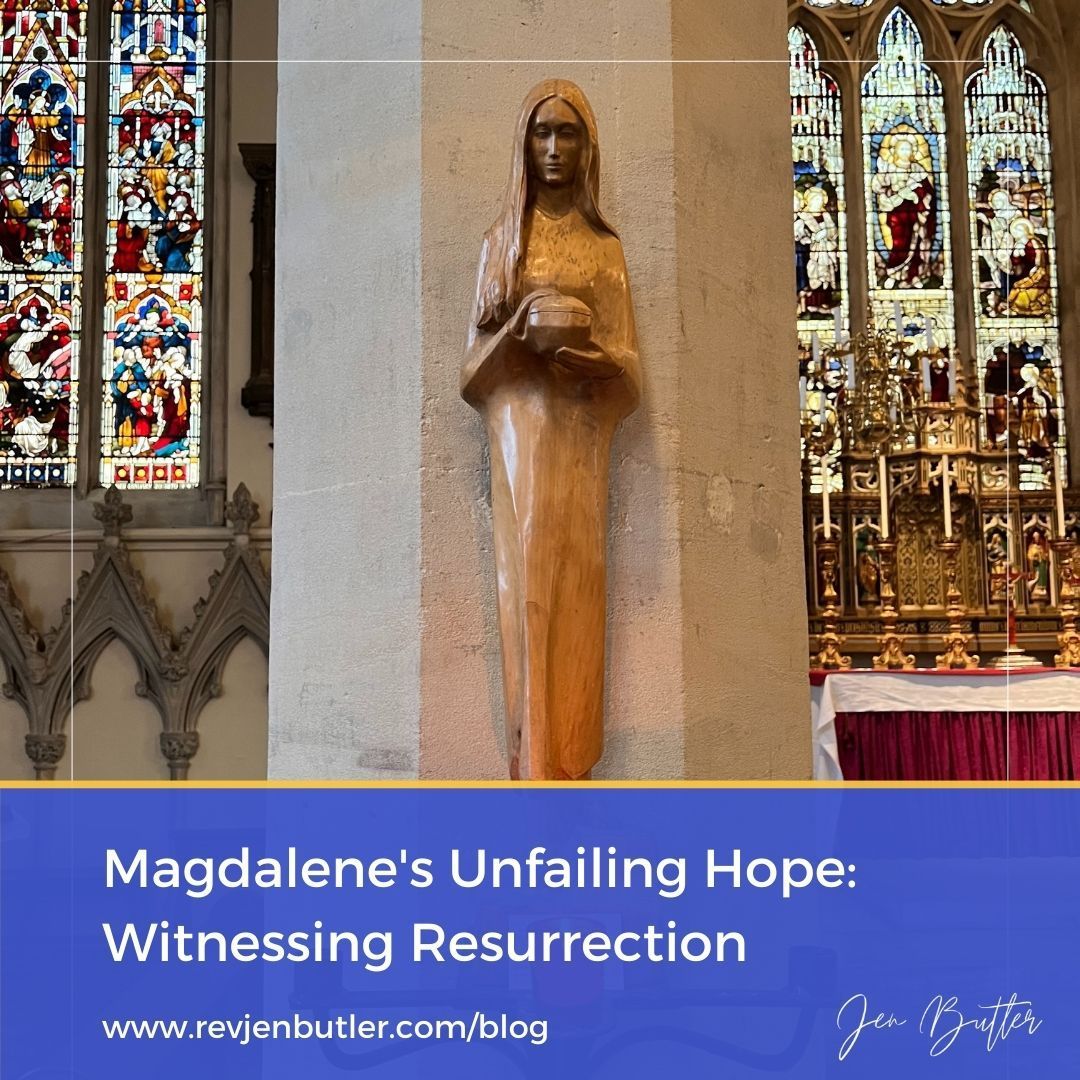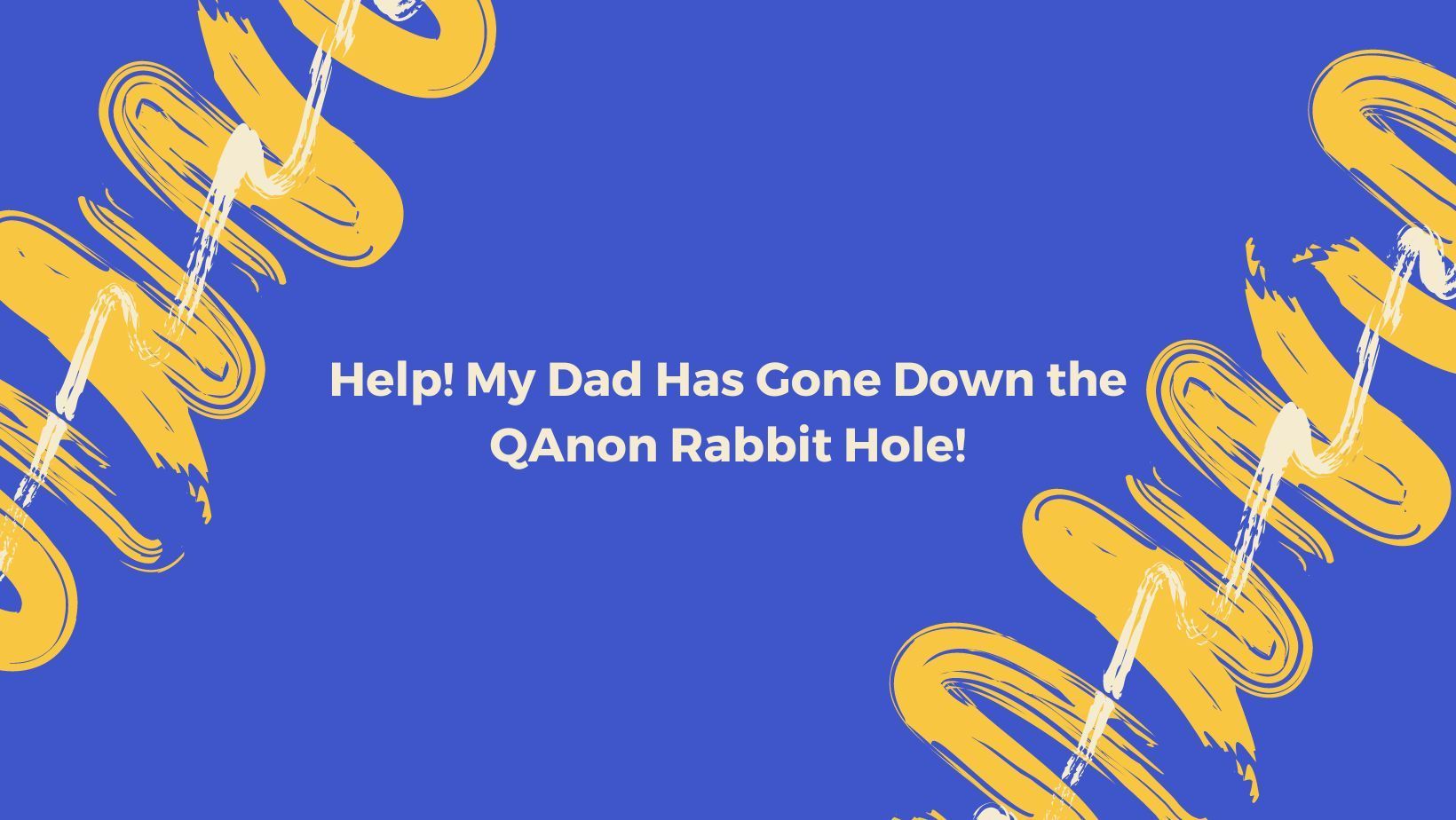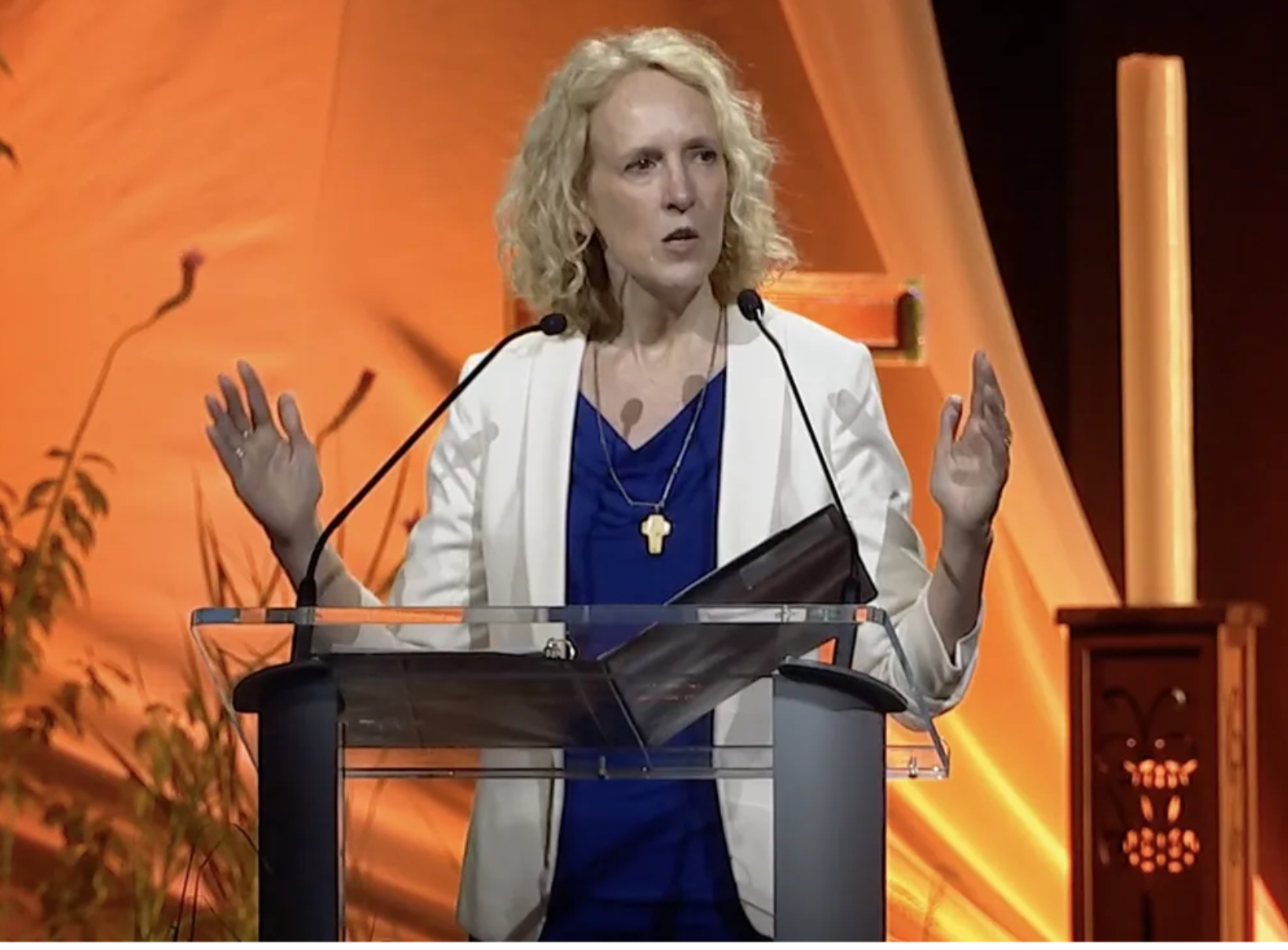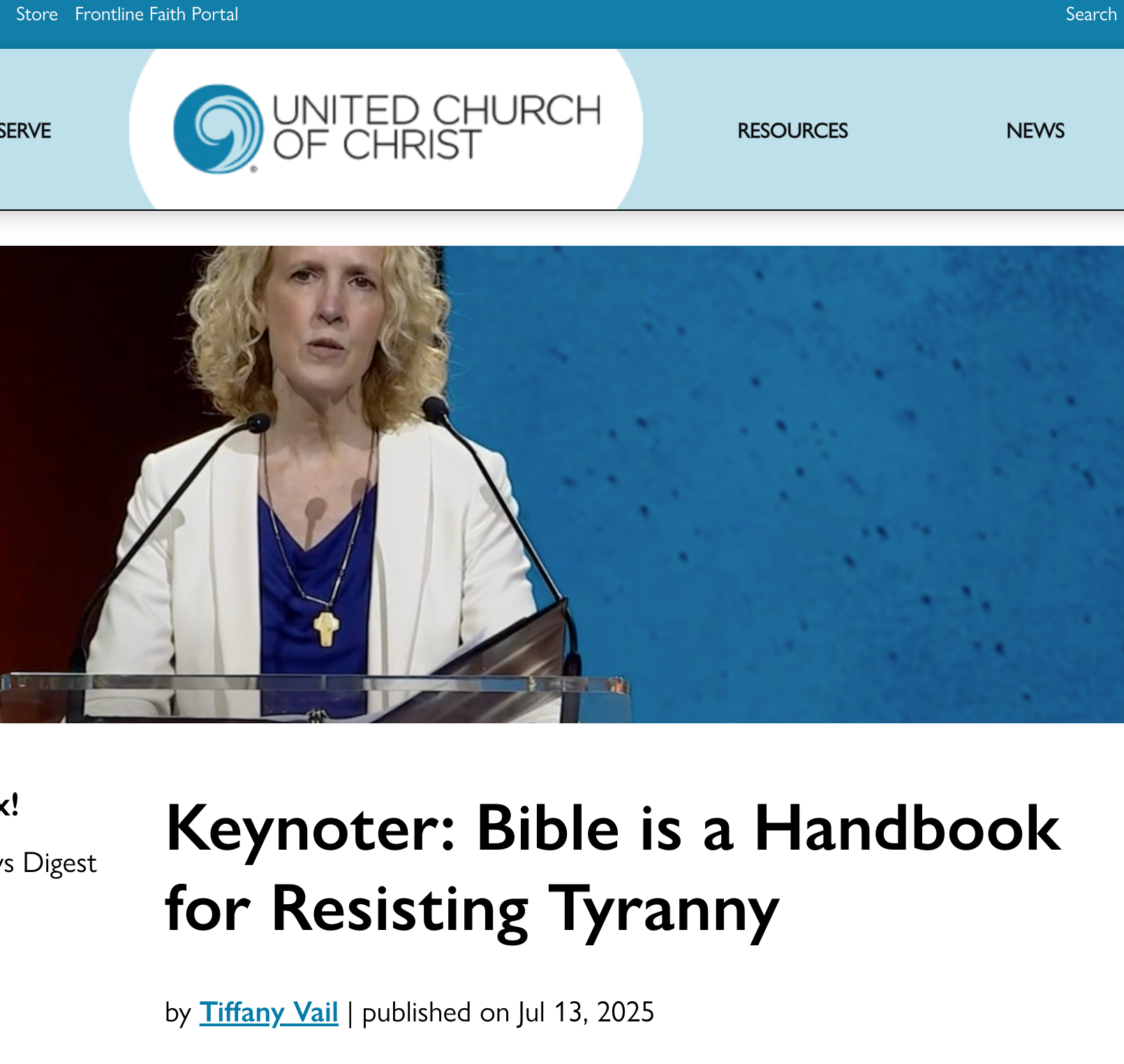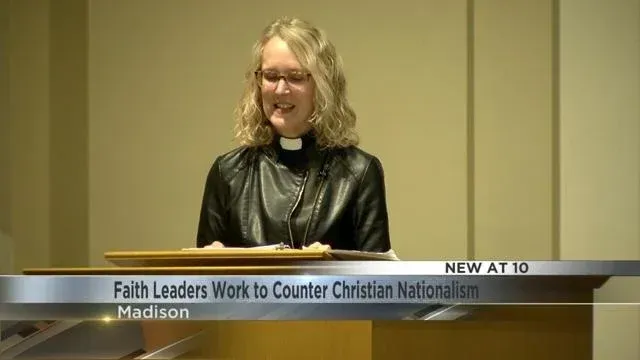Emergence of Hope | Getting through the Slog
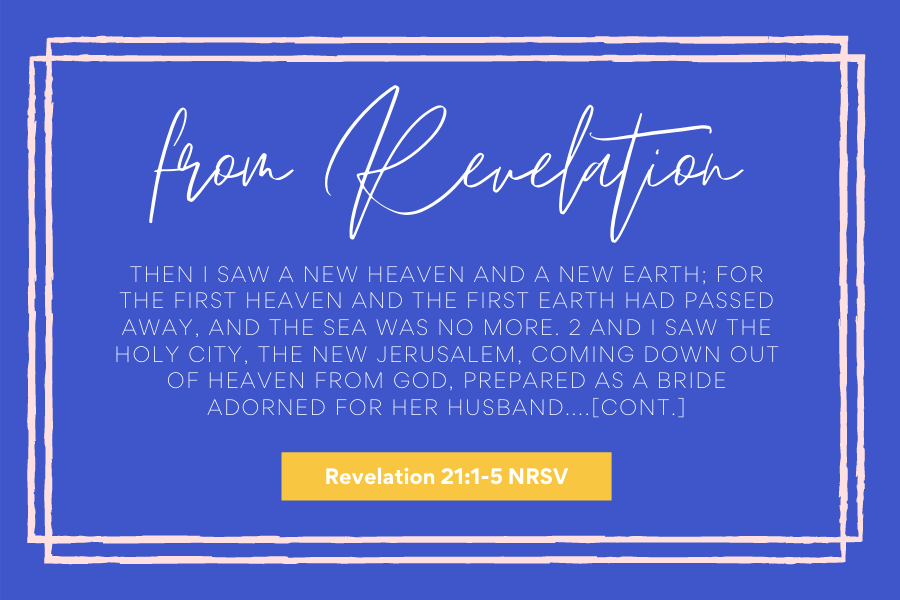
The emergence of some faint sun rays this morning after two weeks of cloudy days, snow and ice is rekindling hope in my weary body, mind, and spirit. I feel my spirits rising even as I slosh through mud and melting ice.
We are still trying to get COVID under control, and the beginning of the end of it feels tantalizingly close-- yet elusive. Two new senators in Georgia are advancing justice, but Republicans in the state legislature are now trying to end a longstanding civic tradition of “Souls to the Polls” in which Black voters cast ballots after church services on the Sunday before Election Day. It is such a damn slog, but even so, I notice a few flower buds unfurling from the muck. I remind myself of the hope instilled in me by the fact that you and I walk in the footsteps of movement leaders and spiritual ancestors who faced impossible odds and prevailed.
The Bible speaks of heroes like Shiphrah, Puah, Miriam, Moses, Vashti, Esther, the apostle Paul, John of Patmos, and more who challenged the tyrants of their day, risking their lives and freedom. If we take a page from Revelation, the call to hope takes on the spirit of resistance. The book of Revelation, written by the prophet John, is about the violence of Rome’s rule. The passages about pain and evil as well as the passages about hope are aimed at his readers, in his current context, not some distant future. These stories were passed on to us to give us stamina and determination.
Too often in life, we use the word “hope” to express optimism about what might come. But hope is not a feeling, it is a commitment to invest in the possibilities no matter the odds.
Vaclav Havel, a Czech dissident, wrote these words from a soviet prison cell: “ hope is an orientation of the spirit, not a prediction of things to come.” Like Havel, John also wrote from prison. He was being punished for calling Jesus, rather than Caesar, Lord. This was considered a betrayal to Rome.
John was issuing a slap in the face to the oppressive ways of the Empire in response to Rome’s brutal military might and economic oppression. John called his people to “witness” to the word of God, to bring good news to the poor so that God’s presence could be ushered in. Like Havel, John’s hope is a choice, an orientation toward God’s vision. And as that vision is lived into, Empire is radically challenged and subverted.
This leads me to think back to our own history of resistance against Empire, and how long it has taken to work for racial justice. In the 1940s and ‘50s, Howard Thurman laid the theological and spiritual groundwork for the Civil Rights movement. For decades his vision percolated through the soil that would fuel a movement to reverse decades of Jim Crow segregation.
These spiritual ancestors teach us that hope is an ability to imagine a different world. Our imagination, and ability to envision a liberated future, is a powerful tool that Empire will attempt to dampen. What does liberation look like to you? What kind of future do you envision for our nation? Take time this week to learn more about your spiritual ancestors like Howard Thurman and how his vision fueled a movement. Take time to imagine the world you want to see and feed your soul with those possibilities.
